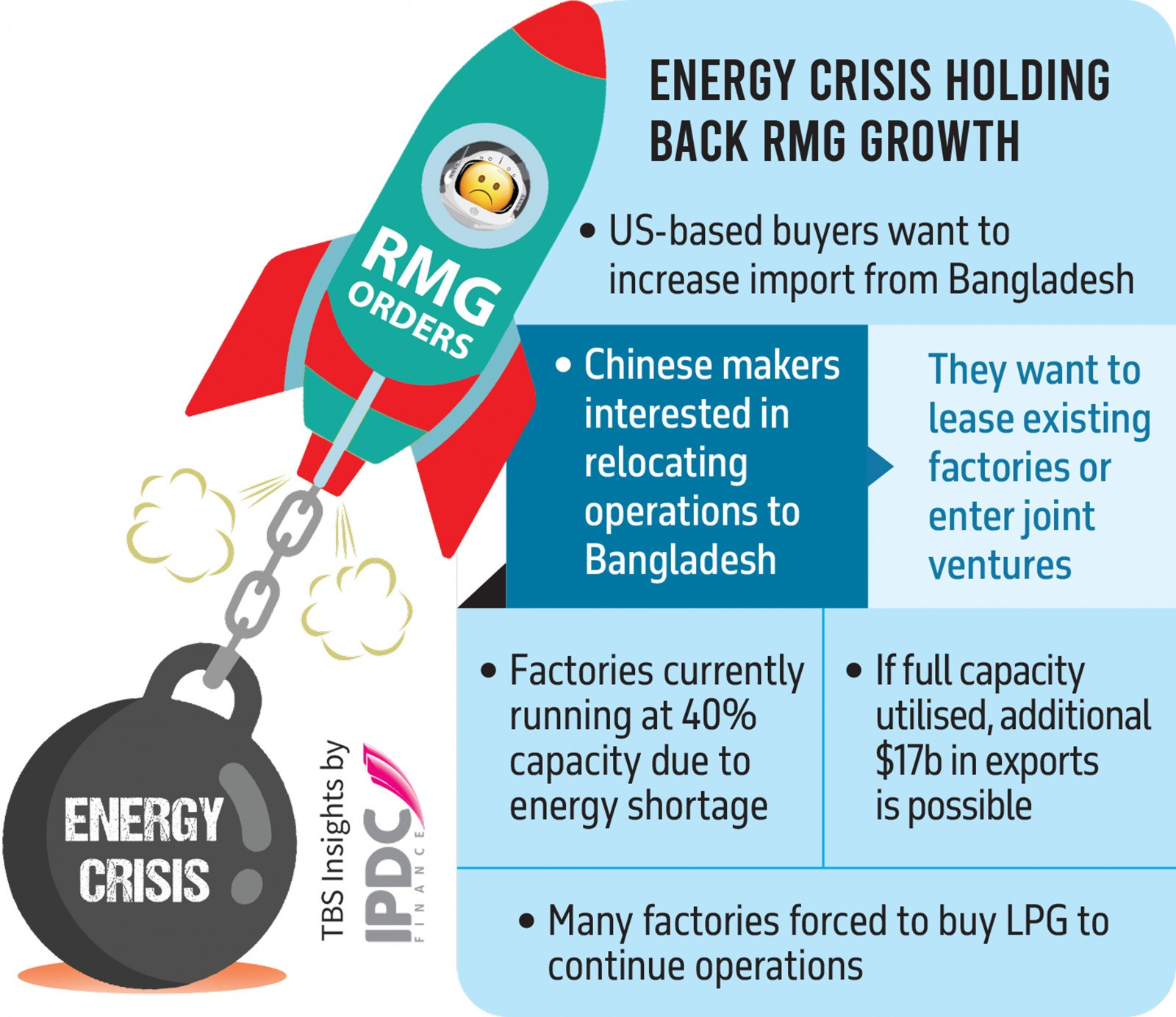Shift in Global Apparel Sourcing
As US-China trade tensions rise again, Bangladesh is emerging as a new favourite destination for American apparel buyers. With the return of high tariffs on Chinese goods under the Trump administration, buyers are now looking for more cost-effective and reliable suppliers outside China. Bangladesh, now the second-largest exporter of ready-made garments (RMG), is emerging as a crucial alternative.
Previously, most sourcing decisions were decided in locations such as Hong Kong and Dubai. Buyers are increasingly flying directly to Dhaka to visit factories, meet local suppliers, and inspect product quality firsthand. This marks a new level of trust and interest in Bangladesh’s garment industry.
US Buyers Show Growing Interest
Many exporters in Bangladesh have confirmed a growing number of inquiries from US buyers. Some buyers who already source from Bangladesh are now thinking of shifting more orders from China. For example, a US apparel giant, Gap Inc, has started talks with a garment exporter in Chattogram. In 2024, 45% of this exporter’s total shipments already went to the US.
Abdullah Hil Rakib, managing director of TEAM Group and former BGMEA vice-president, said two American buyers visited his company last week. These buyers usually source from China but are now interested in increasing orders from Bangladesh. TEAM Group currently sends around 20% of its products to the US.
Chinese Firms Eye Investment in Bangladesh
As China faces heavy US tariffs, Chinese textile and garment companies are also exploring investment options in Bangladesh. In just the past two weeks, several Chinese and one Japanese company have approached local leaders about setting up businesses here.
Read More: BSB Global Scam: Over Tk 18 Crore Taken from Students and Parents
Gas and Electricity Shortages Create Major Obstacles
Despite the growing global interest, Bangladesh’s energy crisis remains a major barrier to growth. Many garment and textile factories are operating at just 30-40% of their capacity due to a lack of gas and frequent power cuts. These problems make it difficult to take new orders or expand production.
For example, at Intimate Textiles Mills in Narayanganj, the gas pressure was just 0.5 PSI instead of the required 10 PSI. This pressure deficiency lasted for 48 hours. Due to energy problems, only two of the five production lines at another factory in Ashulia were operational.
NZ Textile Mills Ltd in Narayanganj also experienced 5.5 hours of load shedding and poor gas pressure. Their managing director, Saleudh Zaman Khan Jitu, stated that they now employ a combination of gas, electricity, diesel, and even LPG to keep operations running. He cautioned that without steady energy; they would be unable to accept new orders or attract overseas investment.
Risk of Tariff Hikes Still Lingers
Although Bangladesh has gained from US tariffs in China, it is not completely safe. Earlier this year, the US raised tariffs on Bangladeshi apparel products from 15% to 52%, although it later reduced them to 10%. Still, the future remains uncertain, and many buyers are asking about Bangladesh’s diplomatic actions to prevent further tariff hikes.
Other countries like Vietnam, Cambodia, and Indonesia are already negotiating new trade agreements with the US. Exporters in Bangladesh believe the government must take similar steps to protect its market position.
Energy and Infrastructure Need Urgent Upgrades
Experts say that without major improvements in energy supply and infrastructure, Bangladesh cannot take full advantage of the current opportunity. Dr Mohammad Abdur Razzaque, chairman of RAPID, said, “Our export growth has outpaced our energy capacity. This gap must be closed soon.”
At a recent virtual meeting, BIDA Executive Chairman Chowdhury Ashik Mahmud Bin Harun said the energy crisis might improve in the next 3–6 months. Trade Adviser Sk Bashir Uddin also said once the LNG system is fully developed, industries will get access to cheaper and stable gas within two years.
Conclusion: Hope Amid Challenges
Bangladesh is in a strong position to attract more apparel orders and foreign investment due to the ongoing US-China trade war. However, without solving the energy crisis and improving infrastructure, the country risks losing this golden opportunity. If these problems are addressed, Bangladesh could become one of the world’s top destinations for garment manufacturing and exports.
Source: TBS
Share via:



















